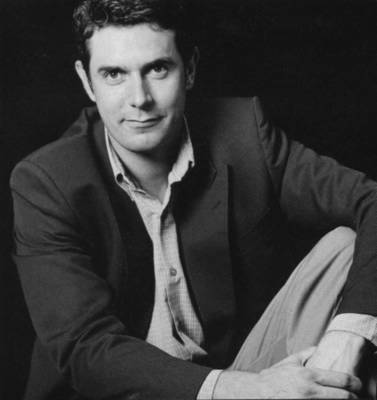Proud to be African
Our legal system should be Africanised, demands Judge John Hlophe. He's part of a whole chorus demanding that the South African economy, the universities, parliament, the civil service, the arts and the media in our country should now be Africanised, writes, Max du PreezI like Africa. I like the people and the cultures and the styles of African people in all the African countries I have visited. I have a deep respect for the history and heritage of Africa. I am proud to be an African. I see Africa as the Mother Continent where all spirituality, culture and civilisation have their roots.So on the face of it, I should also be in favour of a general "Africanisation" of our society. If only I knew what was meant by it. Judge Hlophe himself didn't help much. He gave one example which had nothing to do with the essence of a legal system or common law, and more about insufficient evidence put before a magistrate. Most of the other suggestions put forward represent pure nostalgia for a traditional, rural lifestyle of generations ago that would be completely impractical in our present largely urbanised society. Judge Hlophe's recent admonitions to attorneys on how they should walk and dress in court - white shirts and dark suits, no short skirts - in fact, seemed very British. Academic Malegapuru Makgoba also had a mouthful to say about Africanisation recently. White people should learn to eat, drink, dance, talk, dress and act like black people if they want to be "rehabilitated". It was just silly. An Afrikaner farmer from the deep platteland lives much more "like black people" than Makgoba himself or most of the new black elite from where the Africanisation calls mostly come. I do think there are some facets of our common law that should be adapted to our circumstances. We need to make provision for people to have more than one spouse, for instance. But if we declare that a man may have more than one wife but a woman only one husband, in accordance with African custom, we would be in breach of our constitution's stipulations on gender equality. The same problem pops up when the restoration of some of the powers of traditional leaders is considered: they were not democratically elected. "Africanisation" can never be allowed to contradict our constitution.I do think our parliament can be more "African". One example: It is a very old and respected African custom for the representatives of the ordinary people to address the king or the chief (the head of state).
Yet in our new parliament the head of state is very seldom present. Another example: In the African tradition, people with problems or complaints went to their local chief or elder, who took the issue to the highest authority. This was the way the chief or king remained in touch with his people. That suggests we should have a constituency system where every citizen knows who his or her local representative is. LanguagesYet our ruling party is vehemently opposed to any form of constituency system.If we are serious about the Africanisation of our society, I believe the first place we should start is with the protection of our languages. We are fast becoming an English-only country. Speaking English is seen as proof of sophistication and success. We should have mother tongue education up to at least secondary school level and we should encourage people to converse with the state in their own languages - in the offices of the bureaucracy, the courts and the elected assemblies. But when we consider the Africanisation of our society, we should be very clear in our thinking. The South African nation consists of more than just black people. Among our "Africans" are also people of Indian extraction, Muslim people who call themselves Cape Malays, the diverse group formerly classified as coloureds, Afrikaners, white English-speakers, even Portuguese speakers and people of Chinese ancestry. The whole ethos of our new deal is that all communities are entitled to their culture, language and way of life. When we "Africanise", we have to remember these groups are Africans too; their customs, traditions and heritage are as valid to be accommodated as the majority grouping.In any case, which "Africa" are we talking about? It is a vast continent and cultures, lifestyles and customs differ vastly. We don't have all that much in common with the peoples of, say, Mauritania, or Burkina Faso. Shouldn't we be talking about our region only?After generations of colonialism and apartheid, most South Africans suffer from an inferiority complex bordering on self-loathing. We constantly look to the outside for validation.I believe it would be to our advantage as a nation if we could shift our own view of ourselves, if we could generate more pride in our history and heritage. We should stop trying to be like Europeans or Americans. If that's what is meant by Africanisation, I support it wholeheartedly.
http://www.dailynews.co.za/index.php?fArticleId=2980633


0 Comments:
Post a Comment
<< Home